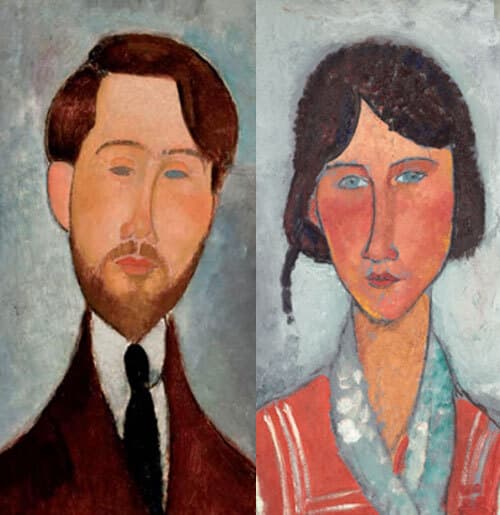Over thirty years ago, the French Feminist, Luce Irigaray, wrote:
Sexual difference is one of the important questions of our age, if not in fact the burning issue. According to Heidegger, each age is preoccupied with one thing, and one alone. Sexual difference is probably that issue in our own age which could be our salvation on an intellectual level.[1]
There is no question that Irigaray was right. Especially now that the old debate about the relation between the sexes has been brought up into the more recent one about the relation between our “selves” and our bodies. Both debates, of course, stand or fall together, which is why we bring them together in this single issue: Identity and Difference: The Gender Debate.
The first part of the title concerns the delicate relation between the sexes, who have the same human nature but in two different bodily “incarnations.” Saint John Paul II, of course, gave us this language in his famous Theology of the Body where he brought out the “nuptial” character of the human body: its “being with” and “being for” another. He is our incomparable Re-Source.
John Paul II had much to say about the “feminine genius.” But now, decades later, many feel the need to think out the correlative “masculine genius”—and how to foster it in young boys! We review the 12 Rules by the iconoclast Jordan Peterson, whose popularity—against all odds—is due in large part to his concern with masculine identity. And also Free Women, Free Men by Camille Paglia, another champion of men in the ferment of the #MeToo era.
The second part of our title (and issue) concerns the raging debate about whether our sexually dimorphic bodies have a say in who “we” are. Are they already inscribed with meaning, asking to be “re-read” and taken up by us in freedom (as John Paul II would say)? Or are they just blank slates on which to inscribe our own meaning from without? The meaning currently given to the old term “gender” suggests the latter, however much the word’s own roots (gener, genus), suggest the opposite. If we are gendered, we are so because we have been and are capable of the same, through generosity. The newer meaning of “gender” exists to put that into question, by rendering all the visible evidence—the “being from, with and for”—invisible. The author of The Flesh Made Word,reviewed here,makes this case in his analysis of the current changes in legal language which “makes legally impossible the physically possible” and “legally possible the physically impossible.”
We weigh in on this debate from a couple of different angles. One of our features offers an analysis of the “industrial complex” that exists to enforce the physically impossible across the culture (through its businesses, schools, and medical institutions). Freedom Wars by Gabriele Kuby also deals with the “top-down” nature of so much of the gender revolution. But the enforcement doesn’t stop at the front door of the family home. The recent book To Whom Do Children Belong, written by an expert on parents’ rights, lays out the incompatibility between the interventionist nature of the gender revolution and Catholic social teaching on the role of the parents as the first educators of their children. It is reviewed here.
“Gender dysphoria” does, of course, exist. Two psychologists discuss this for us. One reviews a popular book, especially among Evangelicals. The other is the English psychotherapist, James Caspian, who provides this issue’s witness piece. Caspian was personally involved for decades in assessing requests for gender transitions coming from what were then rare cases of deep-seated dysphoria. Then, out of concern for his clients, he proposed to study the reasons for requests to de-transition and suddenly found himself a pariah in the transgender world.
Given all the many ways in which we can call into question the “nuptial body”—its orientation and its identity—we need, above all, a clear judgment on who and what we are as embodied creatures. For this reason, we are reprinting here a review of the two most significant books on the question of “identity”: Building a Bridge, by Fr. James Martin and Why I don’t Call Myself Gay, by Daniel Mattson. Henderson’s review appeared first in Public Discourse, where it drew significant attention, not only because of its incisiveness, but also because it challenged one of Fr. Martin’s key conservative dialogue partners, Robert George. George’s response to Henderson and Henderson’s to George are both included here.
[1] Luce Irigaray, An Ethics of Sexual Difference, trans. C. Burke and Gillian C. Gill (Ithaca, New York: Cornell University Press, 1993), 5.
Margaret Harper McCarthy is an Assistant Professor of Theology at the John Paul II Institute and the US editor for Humanum. She is married and a mother of three.
Keep reading! Click here to read our next article, "Look! A Body That Expresses the 'Person'!"
Margaret Harper McCarthy is an Assistant Professor of Theology at the John Paul II Institute and the editor of Humanum. She is married and a mother of three.



